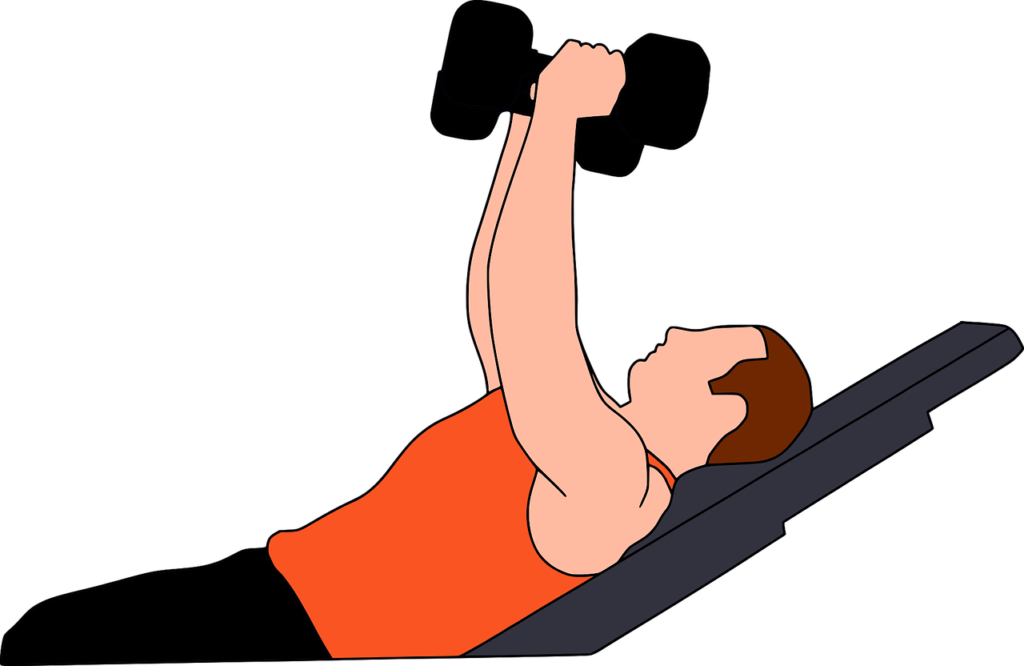High protein yogurt is an excellent source of calcium, often fortified with vitamin D. Additionally, it’s packed with potassium, folate and B vitamins (including B12 and riboflavin).

Artificial digestion studies have demonstrated that milk protein in yogurt is more easily digested and produces different profiles than its raw milk counterpart. This could reflect its probiotic qualities through lactobacillus fermentation.
1. It’s a great source of protein
Protein Yogurt is an excellent source of protein, calcium and potassium as well as essential B vitamins such as folate, magnesium phosphorus and zinc (2-3-4-5). Furthermore, Protein yogurt contains high concentrations of short-chain fatty acids from protein sources as well as various milk protein-derived peptides – an combination that may help prevent bone loss while supporting muscle mass through life (1-2-5-6-7).
Research has established that protein-rich foods, like Protein yogurt, help to promote satiety (satisfaction) and delay feelings of hunger. Protein Yogurt in particular can do this because it contains whey which has been shown in various studies (6-8-19-21).
Milk proteins such as casein and whey are highly digestible and absorbable when consumed in yogurt form; however, their digestion and absorption kinetics differ considerably from raw milk due to differences in physical properties produced during manufacture.
One study indicated that when Protein yogurt was consumed instead of raw milk or cheese, peak blood total amino acid concentrations increased faster and reached their peaks more quickly (22). Furthermore, in vitro artificial digestion experiments suggest physical properties of Protein yogurt alter its protein digestion and absorption kinetics compared with raw milk (22).
Protein Yogurt contains dairy proteins with unique digestion and absorption rates that could impact how quickly they stimulate muscle protein synthesis (MPS) to increase muscle mass, potentially at an earlier age than traditional protein sources such as milk or cheese (22), as well as low molecular compounds which have been shown to decrease intestinal inflammation response and boost muscle growth (23).
However, some individuals cannot safely consume dairy products such as yogurt due to lactose intolerance or milk allergies. Milk allergies range in severity from mild to severe and can cause symptoms ranging from hives and swelling to life-threatening anaphylaxis. Protein Yogurt should also not be seen as a protein replacement for red meat due to its higher fat content. Furthermore, most types of yogurt contain large quantities of added sugar which has been linked with an increased risk of obesity and other health concerns.
2. It’s a great source of calcium
Protein Yogurt contains calcium, an essential mineral for bone health. One cup of yogurt provides 23% of the recommended daily value in one sitting. Furthermore, yogurt also contains vitamin D which aids calcium absorption by the body as well as phosphorous, potassium and magnesium for proper functioning of cells in our bodies. Plus it’s full of probiotics for improved digestion and immune health!
Milk proteins used in Protein yogurt are softened and acidified through lactic acid fermentation, decreasing their viscosity and making it more easily mixed with gastric juice via peristalsis and predigested by pepsin in the small intestine before being absorbed by our digestive systems [55]. [56].
Studies analyzing changes to blood total amino acid (TAA) concentrations over 5 h following intake of various dairy products found that peak TAA concentration was significantly higher and time to reach this point faster with yogurt ingestion compared with raw milk or cheese ingestion; this can be explained by its fermentation process which increases digestion, absorption and protein quality of milk proteins.
Consuming milk protein through Protein yogurt could also have beneficial effects on skeletal muscle, since the fermentation processes involve beneficial bacteria that promote gut-muscle connection. More research must be completed in this area before any conclusions can be drawn in this area.
Beyond Protein yogurt, there are other sources of calcium rich food sources such as kale, cooked spinach, turnip greens and other dark leafy vegetables; canned salmon; soymilk-based yogurt as well as other low-fat alternatives to dairy dairy foods are great ways to get calcium in our diets.
Utilize the Food Group Gallery to quickly determine how much calcium is found in other foods, including fat-free and low-fat dairy. This tool is an invaluable resource when planning meals or selecting snacks, since calcium plays an essential role in strengthening bone density as well as cardiovascular wellbeing.
3. It’s a great source of potassium
Potassium, one of the most under-consumed nutrients, is essential for nerve and muscle health. A medium banana provides 422 mg, or 9% of your daily value (DV). Other sources of potassium-rich foods include leafy greens, tomatoes, watermelons and watermelons as well as milk yogurt and potatoes containing potassium – one cup of cooked spinach provides 839 mg! You could easily incorporate leafy greens into a pasta salad recipe or stir into your skillet saute recipe as leafy greens also provide iron and vitamin A.
Protein Yogurt is an excellent source of protein, helping maintain and build muscle mass. According to one recent study, dairy foods – specifically yogurt – were shown to increase muscle protein synthesis through fermentation produced metabolites from lactic acid bacteria in your gut microbiota which then transfer these metabolites directly to skeletal muscles where they stimulate increased protein synthesis and strength gains.
Protein Yogurt provides unique digestion and absorption characteristics compared to raw milk because its proteins undergo acidification and aggregation during lactic acid fermentation, leading to casein micelles moving closer towards their isoelectric point, thus decreasing electrical repulsive force among them. This phenomenon explains why dairy proteins differ in terms of digestion and absorption compared with other forms of protein sources.
Protein Yogurt is an excellent protein source and also boasts high concentrations of phosphorus, calcium, magnesium and potassium – essential nutrients that promote bone and immune health. Many yogurt varieties come fortified with Vitamin D for added bone protection.
Yogurt is an easy, versatile food to add into a diet at any time of day, but breakfast time may be especially useful since it can help stabilize blood sugar levels and may reduce caloric intake throughout the day. One study discovered that people who consumed yogurt for breakfast consumed fewer total calories throughout their day than those who didn’t. This indicates that eating protein-rich breakfasts such as yogurt can lead to healthier long-term eating habits – potentially even helping control weight and prevent heart disease (14)
4. It’s a great source of fat
Proteins are necessary for building muscle mass, but good fats are just as essential to overall body health. Yogurt provides both forms of nutrients – one cup of low-fat yogurt supplies over half the daily recommended allowance of fat! If you want something with more satisfying omega-3 benefits like other dairy products that haven’t been fermented with live bacteria. For optimal results try choosing Greek style or thicker varieties with live bacteria fermentation that contain more healthy fatty acids (like Greek-style) such as Greek style yogurt which has been strained or fermented instead.
Protein Yogurt is an excellent source of high-quality proteins and soluble fiber, probiotics and digestive health-promoting bacteria – helping aid weight loss and digestive wellness. Milk used in yogurt production also plays an important role; fermentation processes help improve its digestibility and absorption properties compared to raw milk products.
Protein Yogurt contains soft and acidified milk proteins, making them more digestible than unfermented varieties. They mix easily with gastric juice during digestion, and pre-digested by pepsin prior to reaching the small intestine for further digestion by pancreatin.
Fermentation may help individuals with lactose intolerance or milk allergies better digest and absorb dairy proteins. When making yogurt, the bacteria involved naturally reduce the concentration of lactose by turning it into lactic acid and creating something with reduced viscosity than raw milk products such as cheese.
Protein Yogurt contains protein that is very satiating and helps promote feelings of fullness, which may help you consume fewer calories during subsequent meals, particularly when eaten as part of a low-calorie snack. According to one study, people who consumed a higher-protein snack reported being less hungry after dinner than those who consumed lower protein snacks.
Protein Yogurt’s protein content provides essential skeletal muscle nutrition, with its branched-chain amino acids helping promote post-workout protein synthesis. Furthermore, according to a 2022 study on energy-restricted diets with resistance training practices containing yogurt increasing bodyweight and muscle mass over time.
Organic Protein Powder – Click Here

